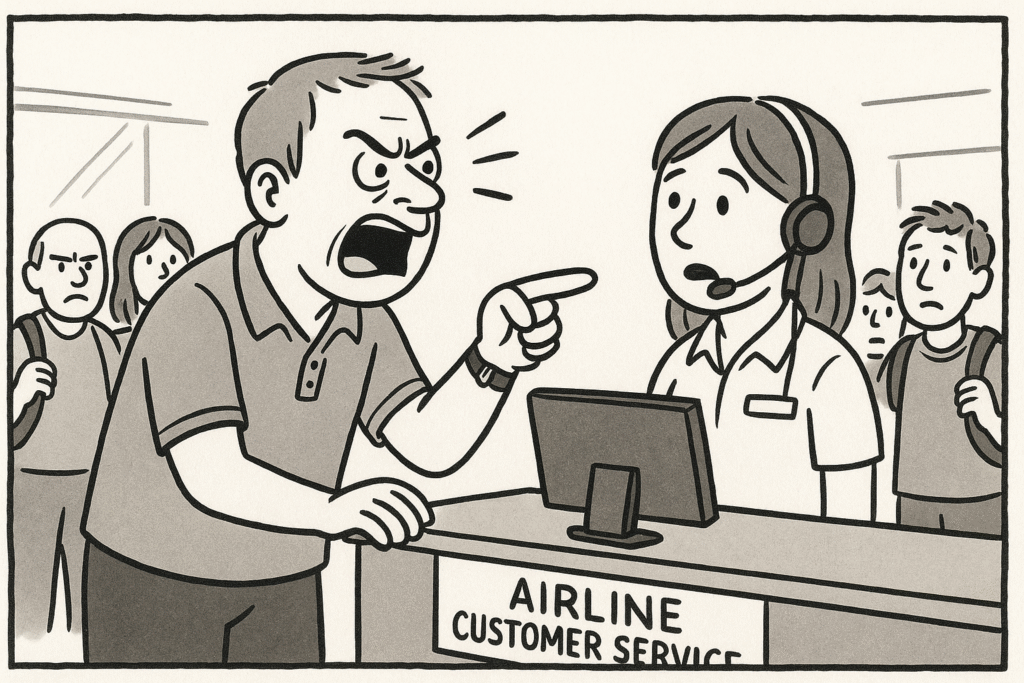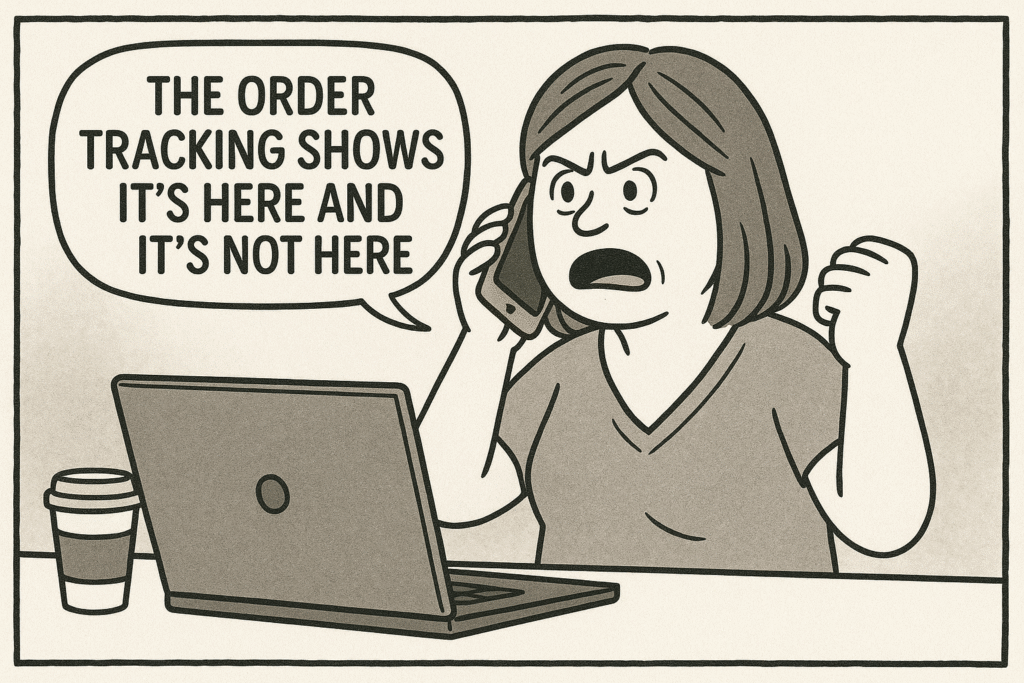Why the “Karen” label is more complicated—and more revealing—than you think.
Lately I have been doing a lot of self-reflection. I was at a conference this week, and sitting next to a friend at a luncheon. She couldn’t eat the salad because she had nut allergies (it had pesto dressing). I asked her, why don’t you ask the waiter for a no-nuts salad? She whispered under her breath, “I don’t want to come off as a Karen…” I asked for the substitution for her, because I could not believe we had gotten to the point where the fear of being a Karen handicaps us for asking for something at all.
But then it got me to thinking – did that make ME a Karen? Has anyone ever called me one? That is the opposite of how I want to move through this life. So just what is a KAREN?
Let’s face it—being called a Karen used to be a joke.
Now, it’s a slur. A meme. A cultural weapon. A sometimes-accurate descriptor.
And almost always… a gendered one.
The “Karen” archetype represents entitlement, performative outrage, and a readiness to escalate over perceived slights—usually directed at customer service staff, younger people, or anyone who challenges comfort or control.
“Karen” used to be one of the most popular girl names, but after 2020, popularity majorly declined. This was accelerated by the advent of the “Coronavirus” Karen who called the cops on an African-American birdwatcher for allegedly threatening her. The issue was it was all caught on video, the same day as the murder of George Floyd, and it illustrated just the issues our society still faces. She, the “racist Karen,” really brought down all of the Karens who might just have been Karen’s to everyone. As W.C. Fields said,
I am free of all prejudice. I hate everyone equally.
W.C. Fields
I saw the video back in 2020, and could not actually bring myself to watch it again because of how even 5 years ago I remember feeling so grossed out by this woman’s behavior – this is a Wikipedia page, in case anyone needs a reminder.
But in 2024, being labeled a Karen isn’t just about hairstyle or tone. It’s a mirror. A social litmus test. And for many of us, it raises a much harder question:
You can take the quiz here:
Of course, it’s just for fun-sies. A quiz cannot diagnose a personality, but they are fun.
🧠 Why we’re so fascinated with Karens
The term Karen has gone viral because it blends power dynamics, privilege, and behavior into a single, punchy insult. But under the surface, it stirs up a lot of real questions about:
- How women express boundaries
- Who gets labeled “difficult”
- What emotional labor looks like (especially in public spaces)
- How trauma and control can show up when we feel disrespected
In short, it’s complicated.
Who is the “Male Version” of a Karen?

Male Karens are sometimes called “Kevin” or “Terry.”
There’s no consensus or official name for male Karens, but people online have suggested names like Terry, Donald, Greg, Brad, Jethro, Kevin, Keith, and others. There’s no particular rhyme or reason for these names, except that they sort of follow the standard set by Karen—names that are average, everyday, but also associated with middle-class or white people.
Karens and the Service Industry

One of the most common “Karen” scenarios plays out in interactions with service workers — baristas, flight attendants, waitstaff, hotel front desk clerks. These are everyday moments that reveal more about our character than we might think. A demanding tone, snapping fingers, or a “let me speak to your manager” attitude can quickly cross the line from advocating for yourself to demeaning someone else. These employees often face long hours, tight policies, and difficult customers — and they’re not the ones who wrote the refund policy or delayed your flight.
I am sure most people reading this have once lost it at a customer service person on the phone, where no faces are shown. It can be tempting, as by the time you get to a real person you have had to do gymnastics with prompts and be on hold for 2 hours (airlines, looking at you!) That’s human. And we make mistakes. The opportunity to grow and learn is what the underlying philosophy about DAOFitLife is all about.
The key takeaway: The way we treat service people matters. Not just because it reflects our values, but because it’s often where unconscious entitlement shows up the loudest. Being kind isn’t optional — it’s the baseline for being a decent human.
🙃 The Other Side of the Transaction: The Gen Z “Stare”
Here’s the thing we often forget in these viral Karen moments:
The person behind the counter might be an underemployed engineer. Or a JD who couldn’t land a job after graduation. Or a student paying rent in an inflation spiral that makes oat milk $7.
While “Karen” is a term often aimed at older generations, let’s talk about what’s trending among the younger ones—like the “Gen Z stare.” (Yes, it’s a thing. Check out this Business Insider video.)
It’s not always attitude—it’s often exhaustion. And it’s fair to say that both sides might be showing up with more than they can carry. If we want grace, we have to give it—even when the iced coffee order is wrong.
🤔 Final Thought
We all have “Karen” moments—especially when we’re tired, unseen, or under pressure.
But the real takeaway is this:
Being self-aware > being perfect.
If you’ve ever worried about being “too much,” you’re probably already doing the work.






